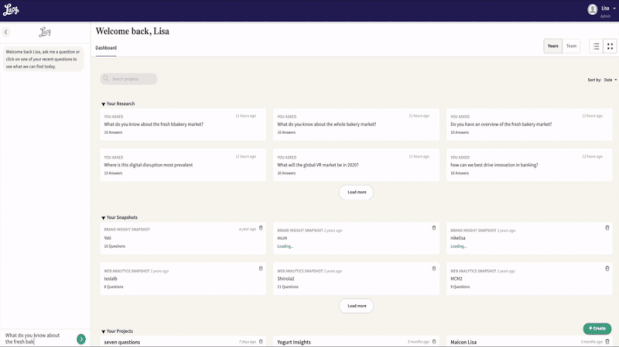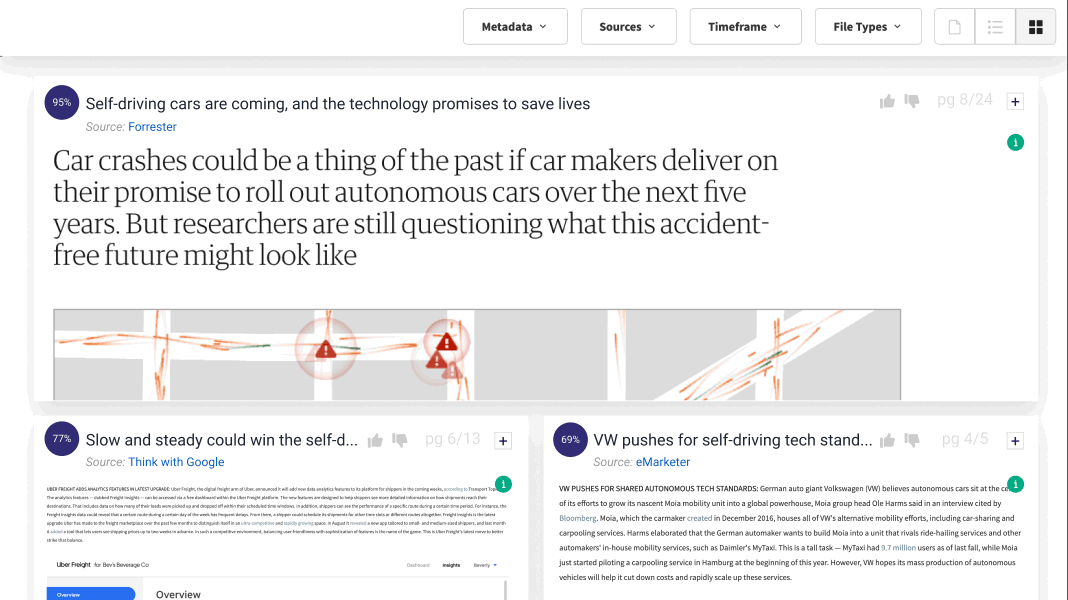The concept of the “last mile problem” is widely recognised across various industries as the challenges faced in the final stage of delivering services or products from a central system to the end user’s location. Although typically associated with telecommunications and transportation, its application extends far beyond these domains.
In the realm of Knowledge Management, we are now witnessing the emergence of the last mile problem. About a year ago, ChatGPT captivated millions of users worldwide, prompting businesses to explore the potential impact of this groundbreaking technology. Knowledge Management quickly became a focal point of interest, with vendors like OpenAI and Microsoft developing APIs and tools for developers to create their own applications. Since then, Fortune 1000 IT departments have been actively experimenting, testing, piloting, and implementing solutions to address productivity inefficiencies.
The possibilities presented by available APIs and services are truly revolutionary. We are witnessing remarkable examples of knowledge repositories being accessed through generative AI, enabling functions that were once considered nearly science fiction.
However, Knowledge Management encompasses far more than an internal dataset complemented by generative APIs that extract knowledge. It encompasses information derived from documents, dashboards, reports, and even expertise found within a company. Additionally, knowledge may be obtained from third-party systems and subscriptions. Enterprises often operate multiple systems and technologies from various providers such as Microsoft, SAP, Box, Google, ServiceNow, Salesforce, and Workday. Each system has its own access controls and data types, and none were designed to be universally searchable.
Consequently, enterprises face significant last mile challenges in Knowledge Management. Different business units or departments within the same company may have distinct needs. Use cases, data sets, and requirements can greatly vary. For example, sales may require document storage and CRM, while operations may need document storage, ticketing systems, and project tools. HR, on the other hand, may rely on document storage, learning management systems, and ERP solutions. Furthermore, groups like marketing or research & insights may require access to external tools and subscriptions, in addition to internal data. A one-size-fits-all approach to Knowledge Management cannot adequately address the diverse range of tools, data, and departmental needs found in the typical enterprise.
“Enterprises often operate multiple technologies and systems from various providers. Each system has its own access controls and data types – and none were designed to be universally searchable”











